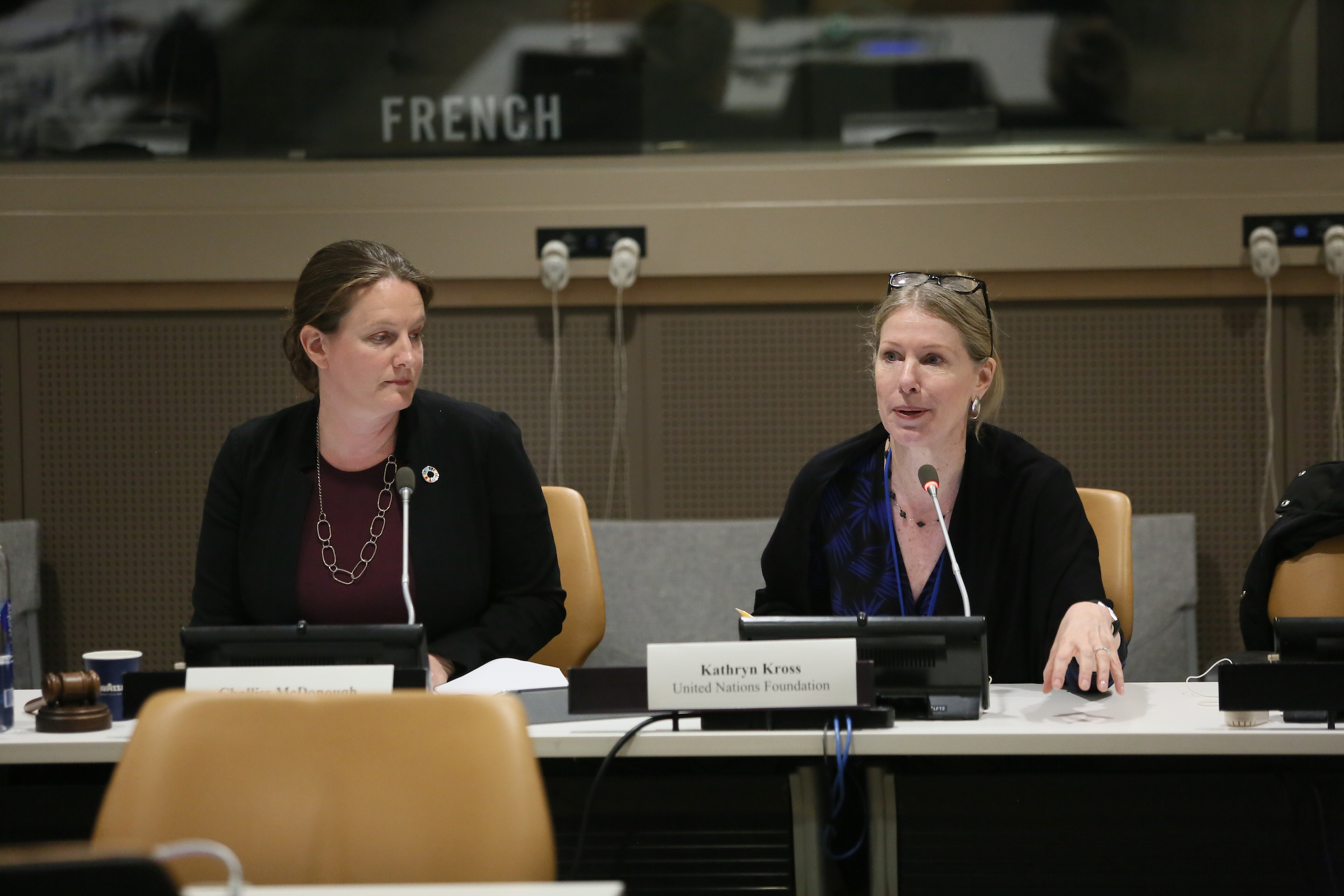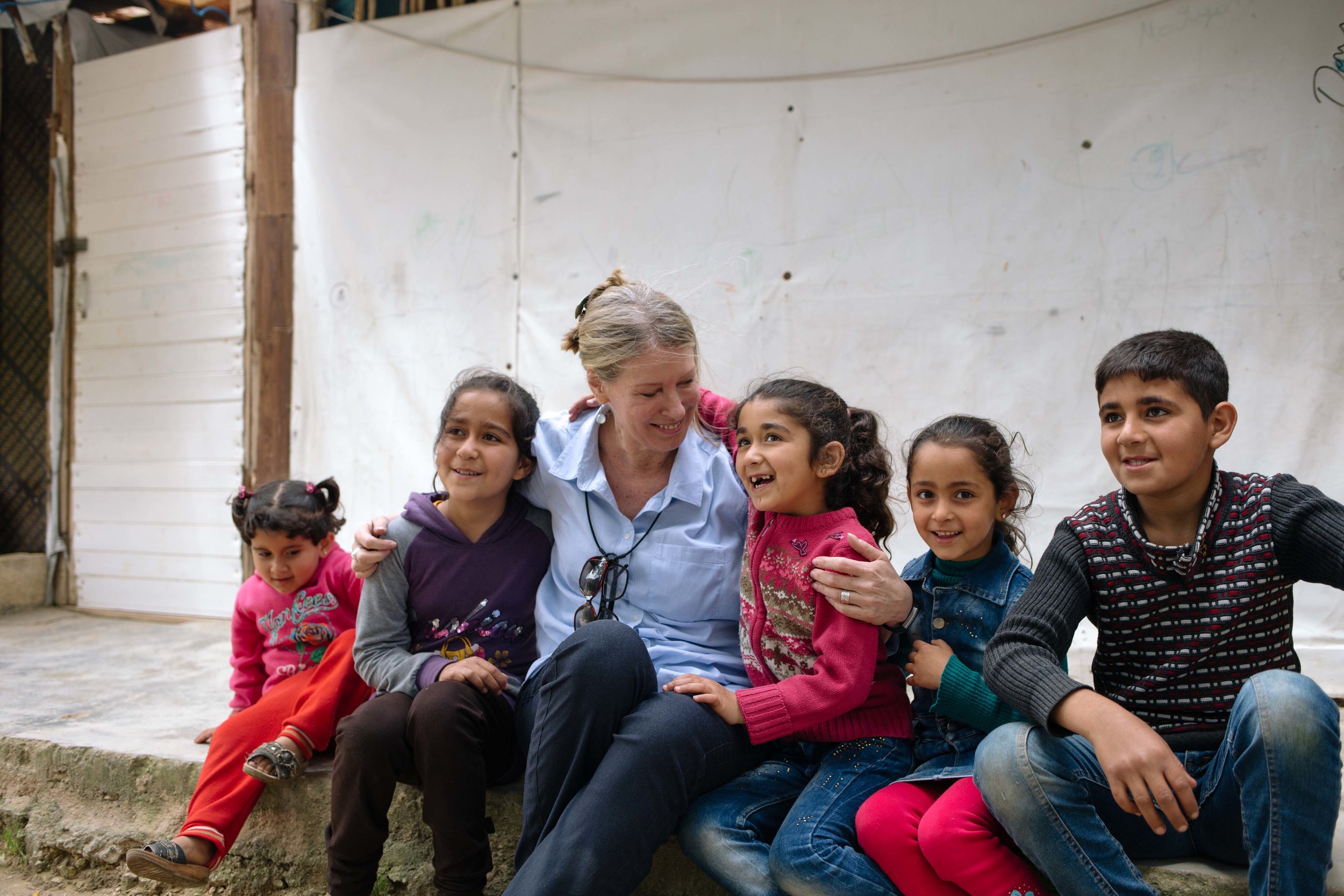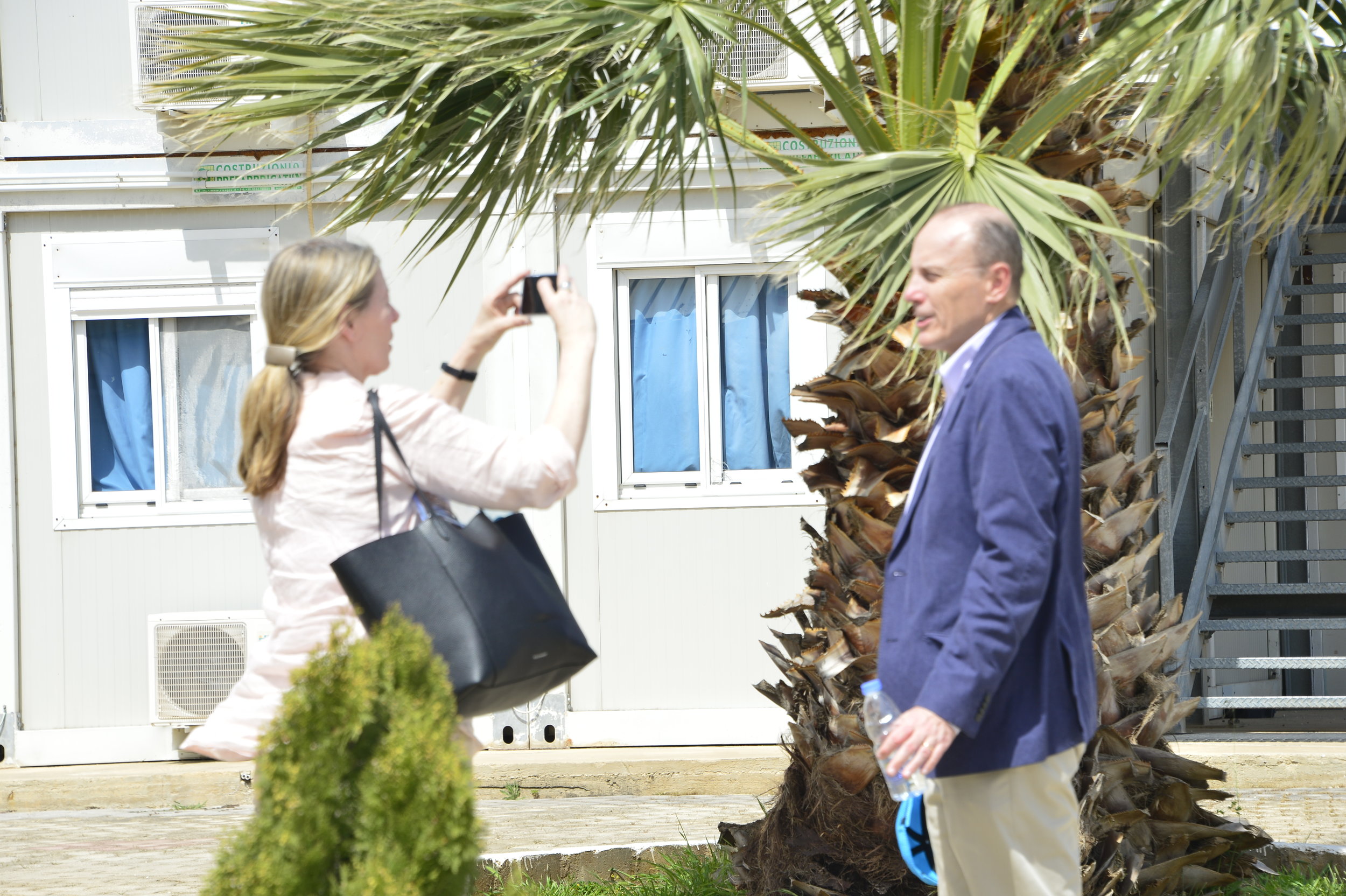Kathryn Kross
Executive Director, Communications, United Nations Foundation
Kathryn lives in Washington, DC, she is originally from New Haven, CT.
Website: unfoundation.org / www.betterworldcampaign.org
Instagram: @UNfoundation / @BetterWorldOrg
Twitter: @UNfoundation / @BetterWorldOrg
How did you get started in PR/Communications and how did you find yourself where you are now?
I started my career as a journalist. I saw journalism as the great equalizer. As a kid from a small town, journalism felt like the only way to right wrongs and hold the powerful to account. I believed then and now, that when Americans are given accurate information, they make good decisions. And democracy functions better as a result. And one more thing: I enjoy telling stories.
After college, I landed an entry level job at ABC News. Eventually I became a network news producer, then a Bureau Chief at CNN and later, Bloomberg Television. After Bloomberg, I became a consultant, helping non-profits tell their stories. I joined the United Nations Foundation in October of 2017. I find that I’m still telling stories, although in many different ways.
What is your role within the company?
My title is Executive Director of Communications at the United Nations Foundation. UNF is a separate organization from the UN but as our name suggests, we support UN initiatives around the world. Many different campaigns live under the UNF umbrella; I work mostly with Better World Campaign on the advocacy side, meaning I work with a team that strengthens the ties between the United States and the United Nations.
I don’t practice PR in a typical sense. I see my job as a hybrid that lives somewhere between education, story-telling, and community building. For example, we organize trips to UN headquarters for Congressional staff so that they can learn how the UN works. We recently returned from Lebanon and Jordan, where we introduced three Congressional members (two Republicans and a Democrat) to the UN Peacekeeping mission there. We hold events, often with UN officials and other partners, to showcase the UN’s work. We look to form alliances among all sorts of groups, because we believe in the power of working together to create change.
What are you currently working on?
Like everyone else, about a dozen things at once. A summit where 500 UN-supporters from around the country will gather in Washington, DC. A video series from a recent trip to Lebanon and Jordan . A high-profile public event with a broadcast network. Our annual poll. A few overdue writing projects. (Aren’t most writing projects “overdue?”)
What is a recent success you're particularly proud of?
That’s a tough one. Sometimes the biggest successes appear very small to outsiders. In most cases, our successes are team efforts, and often involve finding new ways to tell the world about the good work the UN is doing.
What is most important in your work?
Honoring the work of humanitarians around the world.
Last year we visited UN Peacekeepers in Mali, for example, which has the unfortunate distinction of being “the most dangerous UN Peacekeeping mission in the world.” Peacekeepers and other UN officials are trying to establish some order there so that the Malian government can rebuild itself, inch by painful inch. Do you have any idea how complicated this is? (I didn’t, before I visited.) It’s two-steps-forward-one-step-sideways-one-step-back work, with the threat of violence erupting at any moment. Still, thousands of humanitarians are dedicating their lives to the effort. Take the staff of the World Food Programme. They work in small teams, spread out at 40 locations throughout Mali (it’s a huge country), partnering with local communities to help them farm sustainably. WFP is not only helping villagers help themselves, they’re contributing to the stability of the country. Villagers who can provide for their families are less likely to be drawn in by extremist ideologies. There’s no fanfare for these folks, no publicity—just doing good, day in and day out. These people are heroes.
How would you say the media landscape in your field has changed since you started working?
Wow—where do I start? Three broadcast networks dominated the airwaves when I began my career. It was the age of mass communication and it flowed only one way; from the broadcaster outward. U.S. cities often had two competing newspapers, and many published in the morning and the evening. Cable news had been born, but wasn’t taken seriously. There were no mobile phones, no internet, no Google, no continuous news cycles.
The media landscape has exploded into a million pieces since then. Citizens consume information on their terms, often from dozens of sources. Information moves at the speed of light, and constantly. Engagement is the metric of the hour. There’s much good in all of this, but it’s certainly more complicated to navigate.
Where are your favorite places for business meetings or drinks with writers/clients?
Meeting for coffee or tea seems to work best for most people these days. In Washington, events are often the places where connections are made.
PR/Communications can be fast-paced and stressful, what is your favorite way of relaxing?
Reading, watching movies, having dinner with friends, playing with animals, bird watching.
What are you reading these days?
I have twelve books on my nightstand at the moment. The three most likely to be finished soon are Pachinko by Min Jin Lee…Asymmetry by Lisa Halliday…and Braiding Sweetgrass by Robin Kimmerer.
What are you listening to these days?
A friend who writes for Rolling Stone made a CD for me years ago--yes, I still have a CD player-- called “The 150 Best Covers ever Made.” I’ve been obsessed with it lately.
What is the next event you're the most looking forward to in the next months?
My fiancé and I are headed to Lyon for the semi-finals and finals of the Fifa Women’s World Cup. Is there anyone who watched the U.S. Women’s soccer team in the last World Cup who isn’t a fan now?
Captions: Facilitating a discussion at the UN with UN officials and Congressional staff, May 2019; With Syrian refugee kids in Lebanon, April 2019; Creating videos on the fly in Southern Lebanon, April 2019



